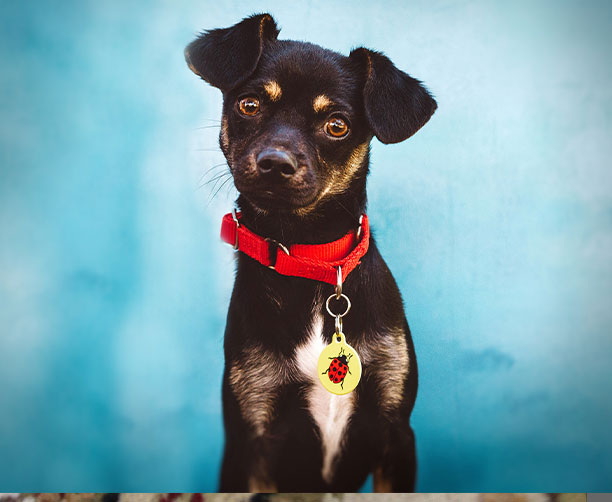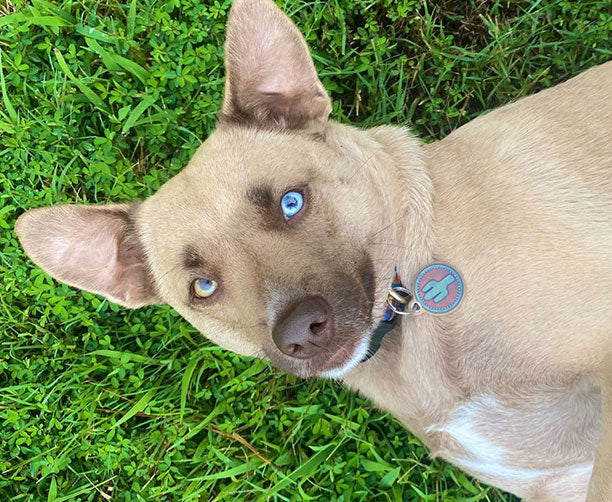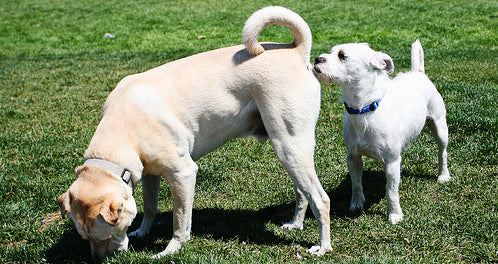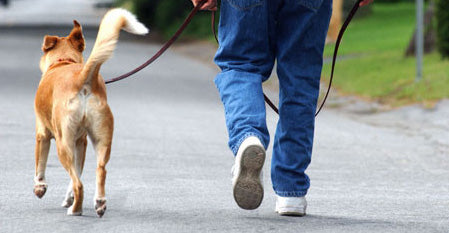When the time comes for a beloved pet to pass on, it can be very emotional and hard to come to terms with. It is a painful experience to lose a friend that you have shared years or your life with and who has become part of your family. It is important that you deal with the grief of this situation in a positive way in order to help you cope with losing a dog or cat and eventually remembering them for all the wonderful times you had together.

When the time comes for a beloved pet to pass on, it can be very emotional and hard to come to terms with. It is a painful experience to lose a friend that you have shared years or your life with and who has become part of your family. It is important that you deal with the grief of this situation in a positive way in order to help you cope with losing a dog or cat and eventually remembering them for all the wonderful times you had together.
The following tips address some common questions about how to deal with and overcome the intense grief and sense of loss that comes along with the passing of a loved pet.
Is it normal to be extremely upset?
The extreme grief that some pet owners experience is perfectly natural. It is not absurd or crazy to grieve for a trusted pet that has passed away. Our pets are constant companions and usually become a very significant part of our lives. They comfort us and understand us when others may not. It is a normal reaction to be initially devastated by the loss of something so important and present in our daily lives. Others may think you are “over-doing” it and even try to tell you so, but you are entitled to mourn the loss and your feelings are valid.
What feelings come along with losing a dog or cat?
Everyone is different and everyone will experience slightly different emotions with the loss of a pet. However, there are several common feelings that may occur in the grief cycle. You may feel guilt over the circumstances involved with your pet’s passing, but it is important to refrain from burdening yourself with an accident or health condition that was, in reality, beyond your control. You may also feel anger directed towards who you may feel is responsible, whether it be the veterinarian who could not prevent it or the person driving a car and not paying attention. Although this anger may be justified it will not help you deal with the situation in the long run. Lastly, you could feel some form of depression, which is a natural response to the situation of loss. It is important that you do not let this take away your willingness to move on and cope.
Can I do anything to overcome these feelings?
Be honest about your feelings and don’t repress them. The only way to get past the negative feelings is to confront them and come to terms with the loss. You have every right to feel pain and grief due to the fact that you have lost a loved one. Express your feelings and do not keep them bottled up inside. Cry, yell, or talk it out with other family members or friends. You can also choose to focus on the good memories that you and your pet shared. This will put you on the road to resolving these feelings.
What about my other pets?
As you might have noticed, your pets seem to be able to sense emotional surges in your household. They will certainly notice the fact that one of their housemates is no longer present. Even when your pets are different species altogether they will still be affected by the loss. It is a good idea to give your remaining pets an extra helping of love and attention during this period. You may also want to focus more attention on them in order to help you with your own coping process. Their love can be extremely healing for you and other members of your family.
Would a new pet help me deal with losing a dog or cat?
From a standpoint of mental health and wellness, it is probably not the best idea to run out and get a new pet in hopes of “replacing” one who has passed on. You need time to work through the emotions associated with losing a companion before you attempt to build a relationship with a new pet. There can be certain feelings of disloyalty among yourself and other members of your family when you try to accept and love a new addition so soon after you have lost an old one. After time, when you feel like you have resolved the issues and emotions that are associated with this event, you can safely move forward and find a new pet. Keep in mind that this pet is never going to be exactly like your old one so avoid constant comparisons and allow it to develop its own personality and traits.
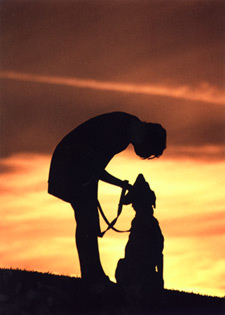 |
Losing a dog or cat to an illness, an accident, or old age can be truly devastating. Many pet owners have been through it and have overcome the grief and sadness. You are not alone, and it is crucial to reach a point where you can look back on the time you shared with happiness. There are many resources available for individuals who have a hard time dealing with such a heartbreaking event. It may feel like you will never get over it or that the pain will never end when it initially happens, but things do get better with time and with the mindset to come to terms with what has happened. |
| Russ Barker knows what a hard process it can be losing a dog or cat companion of many years. He composed this article to help others who might be going through a similiar ordeal. Russ is a weekly blogger and master wordsmith at Dog Tag Art, a growing company that is dedicated to spreading the message about the importance of properly identifying all pets. To help get the word out and make things a little more interesting, they offer high-quality pet ID tags, that give people a creative alternative to the standard boring metal identification tag. These handmade custom dog tags are truly unique and feature designs from crowd-source artists from all corners of the globe. |

